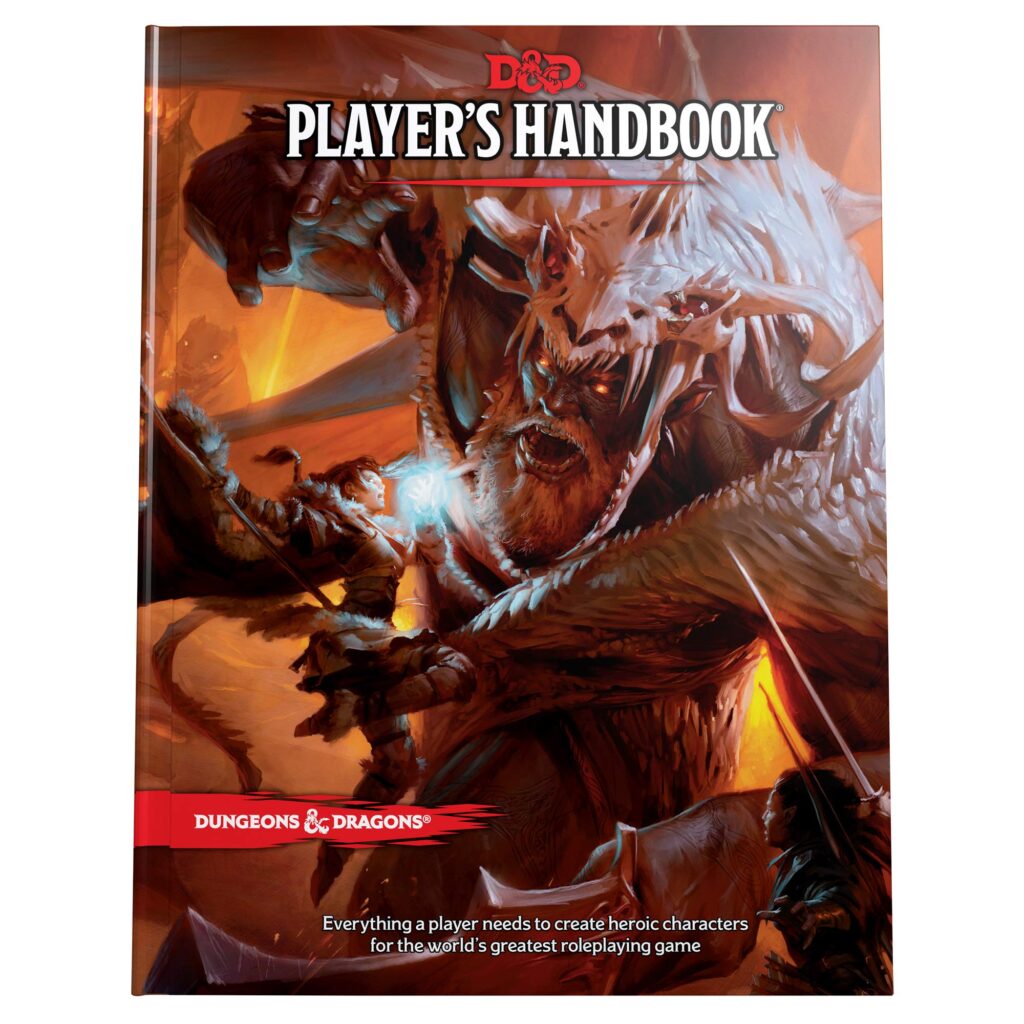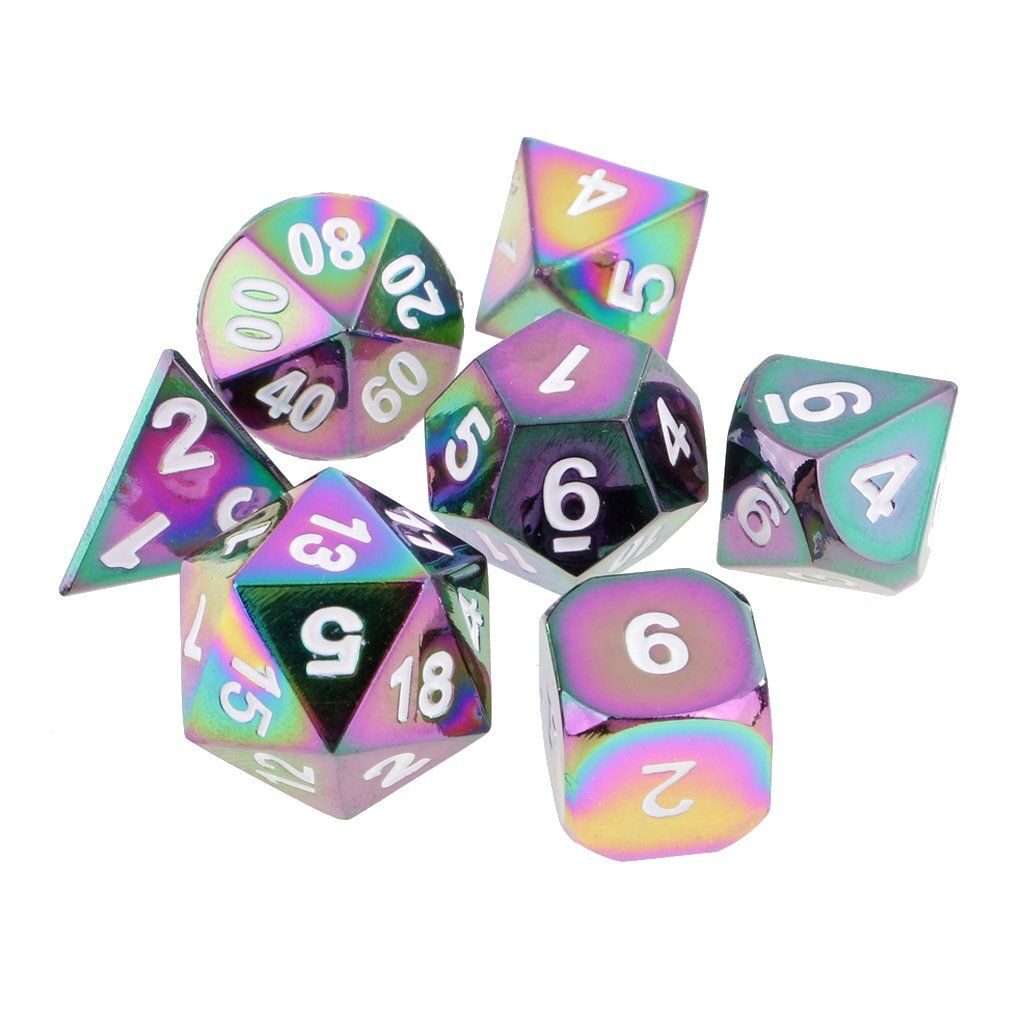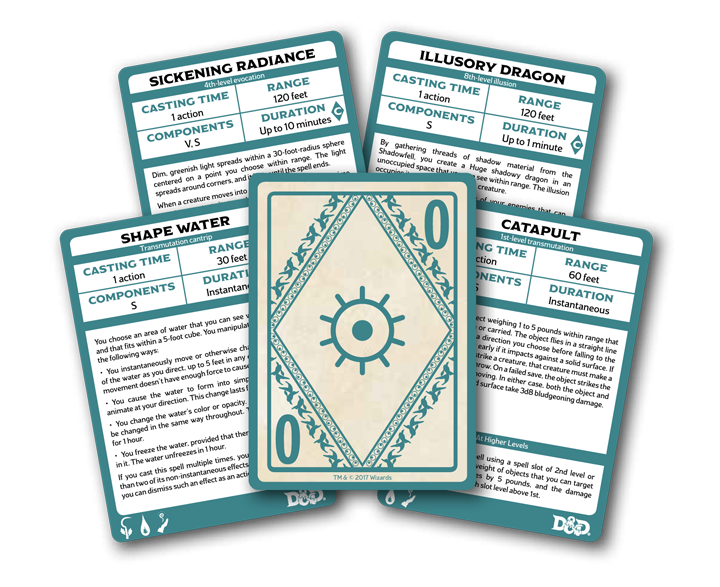
Dungeons & Dragons has always been a great way to fulfil many different social needs. The emotions, accomplishments and camaraderie we experience during the game feel super real — and that’s because they are. It’s been proven that Dungeons & Dragons can be a great way to meet our real-world needs through socially constructed TTRPG scenarios.
With lockdowns happening left, right and centre all over the country, you’re not alone in feeling uneasy or anxious at the thought of the loss of your weekly sessions. Isolation and loneliness can be difficult to grapple with, so what do we do when we can’t experience the game at the table? We turn to the internet, of course!
Our Gold Coast team at Mind Games have had good success shifting our weekly D&D sessions to the popular server-app Discord. So while we’re apart, we’re still able to safely come together on a Saturday night and feel that same sense of connection and camaraderie. Without further adieu, here are some of our tips for shifting your game online — all tried and tested, so you don’t have to make the same mistakes we did!
Starting Equipment:
 If you’re used to playing D&D at the table, chances are you’ve been using one of your mate’s Players Handbooks to look up the details of your character’s abilities (don’t worry — we’ve all been there). But, to continue to do our part to stop the spread of this virus, that’s no longer an option.
If you’re used to playing D&D at the table, chances are you’ve been using one of your mate’s Players Handbooks to look up the details of your character’s abilities (don’t worry — we’ve all been there). But, to continue to do our part to stop the spread of this virus, that’s no longer an option.
Having your own D&D Player’s Handbook will go a long way to reference what your character might need in any given situation. Spells, equipment, item costs — it’s all there in the book for easy referencing. For Dungeon Masters (‘DMs’), using both the Monster Manual and Dungeon Master’s Guide can be gamesavers when you need to create a trap or find a monster on the fly. Make sure you put tabs on the pages you’ll most likely need so that you can reference these things quickly!
Save yourself some valuable desk space, set your reference book aside, Spellbook Cards are your new best friend mid-game.
They’re a great way to keep track of what your spells can and can’t do, and also which spells you’ve prepared for the day and how many times you’ve used them. There are also Ability (Martial Powers & Races) Cards for those of us who play races with interesting and unique abilities to keep track of. Our little pro-tip: We found that using Clear Sleeves on our cards meant we could write on them using a whiteboard marker –
just wipe it off at the end of the session if needed! Mark on the sleeves to keep track of what spells you’ve used and how many you’ve got left.
Wizards of the Coast has also made available plenty of free printable resources from reference booklets and character sheets to mini-adventures – even some colouring pages!
Setting Up Your Space:
One of the first issues we ran into as a group was the fact that we had housemates playing in the same game. In this kind of scenario, we’d recommend each person creating their own Discord account and setting up different areas to play from. This means that the sounds from the microphones don’t cross and you won’t run into pesky feedback issues. Bedrooms, kitchens — heck, even bathrooms work great for this. (Highly recommend the bathroom for cool voice effects when you’re in a dungeon in-game)
The area you play in might be quite small and restrictive, so make use of our range of quality Dice Trays. They’re a great way to provide a sturdy and effective rolling space for those intense combat moments. With a dice tray on hand, you probably wouldn’t even have to leave the comfort of your own bed to immerse yourself into the fantastic world of Dungeons & Dragons.
Combat:
If you’re used to playing with a map and minis, don’t worry — shifting to online can be daunting at first, but there are some easy ways around this.
Don’t have any maps prepared? That’s okay, Dungeons & Dragons make it super easy to create last minute maps either by using the Adventure Grid to draw your own, or pre-made tiles for different scenarios such as Wilderness, City, and Dungeons. Our DM found these map tiles super helpful and time-saving — honestly much easier than learning a bunch of new programs to create digital maps. We’d recommend having your DM set up their camera in a birds-eye view over the maps for easy visual referencing. 
Now that you’re armed with enough to get started, grab yourself a set of roleplaying dice… it’s a tradition… to signify a new chapter… new character… setting… — whatever excuse we make up to treat ourselves with a pretty new set of dice.
If you need any more advice or if you have some your own nifty tips and tricks worth sharing, I’d love to know!
E-mail me: erin@mindgamesqld.com

